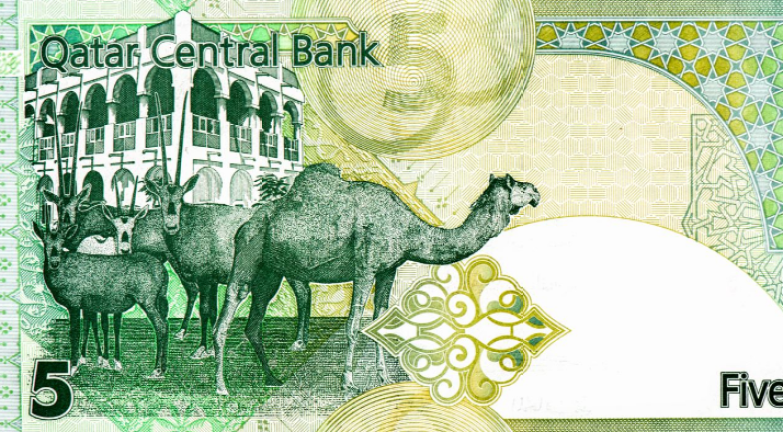
According to reports, the Qatar Central Bank (QCB) is looking into introducing a digital currency and also issuing digital bank licenses. The bank is expected to set a direction for the upcoming project soon.

According to Alanood Abdullah Al Muftah, the chairman of the QCB’s fintech branch, the central bank will shortly determine a path for its future concentration on a variety of fintech verticals.
QCB will also assess if Qatar may launch a central bank digital currency, according to Al Muftah (CBDC). She went on to say:
“Each central bank should study digital banks, considering their growing significance in the global market. We also see the direction of the market moving toward having a digital currency. However, it’s still being studied whether we’re having a digital currency or not.”
Three payments firms are now testing solutions with the central bank, according to Al Muftah, who was speaking about Qatar’s regulatory sandbox.
She also mentioned that the QCB is looking into other companies that might be interested in using the regulatory sandbox.
The regulatory sandbox
A regulatory sandbox is a virtual environment in which fintech companies can test new goods, services, business models, and delivery mechanisms in a real-world context while receiving expedited approval and supervision.
Meanwhile, Dukhan Bank, a private Qatari bank, is looking at the prospect of establishing a digital firm in the country, according to Narayanan Srinivasan, the bank’s chief operations and digital officer.
Srinivasan, on the other hand, cautioned that his organization would only construct a digital bank after gaining a greater knowledge of its economics. Dukhan Bank is also examining blockchain technology in the payments area, according to the article.
While private cryptocurrencies such as Bitcoin (BTC) have risen in popularity and followers, government-backed CBDCs, which are often seen as the polar opposite of private cryptocurrencies, have been fast growing in popularity.
According to data from the Atlantic Council, 87 countries are working on their own digital currency as of June 2019, with only 14 having completed the trial phase. A CBDC has previously been introduced in nine countries.
